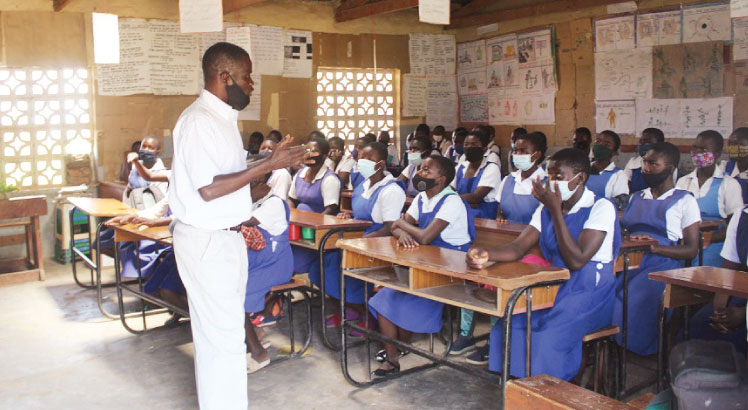Couples self-testing
In the privacy of your own home, no counsellor asking you very personal intrusive uncomfortable questions, no wondering if anyone at the testing site knows you, no worrying about breach of privacy and confidential, absolute convenience…just you, your partner and a test kit. I know I did. This was years ago before self-test kits were on the market, I had a few Unigolds (rapid test kits) in my kitchen fridge. Two drops of blood in the port, wait 10 minutes, two bars reactive i.e. positive test, one bar is non-reactive i.e. negative. Come to think of it I can’t remember how I pricked myself to draw blood.
The new self testing kits, Oraquick, are much easier. They use saliva. They are being trialled in Malawi and so far the signs are that the Malawian community would welcome home self test kits. However, self testing is not without challenges. A Malawi-Liverpool Wellcome Trust Clinical Research Programme study found in the absence of counselling, some couples experienced blame and denial with men less likely to accept the results. Some couples re-tested but in serodiscordant couples (one negative the other positive), some incorrectly assumed that the negative partner must be resistant to HIV. The study also found that awareness of HIV status provided impetus for condom negotiation for the negative partner but this was short term with men, regardless of which partner was infected, often wanting to continue to engage in unsafe sex. There were reports of violence after positive testing in couples that had a history of violence.
There were a number of cautions that were raised during the first ever World Health Organisation HIV self testing conference in April 2013. The window period, the time an infected person can transmit HIV to others although their HIV infection may not be detectable with a test. During the window period, people will have a false negative test result, without counselling they will not know to retest after three to six months. There is the potential for human error in both performing and interpreting results. Without counselling there are missed opportunities to link clients to care or referrals for treatment. There is also the risk of coercion, partners demanding that you take the test or violence if there is positive result—although this only tends to happen in couples that have a history of violence.
Despite these issues, couples self-testing offers more benefits than drawbacks, it encourages testing among those who might not otherwise be tested, increases the frequency of testing among persons at highest risk for new infection, and facilitates mutual HIV testing with sex partners. Couple self testing is convenient and confidential. However, couples should openly and honestly discuss before testing their ability to interpret and discuss the results, and seriously consider the benefits of having a counsellor to answer questions and help them plan their future.





